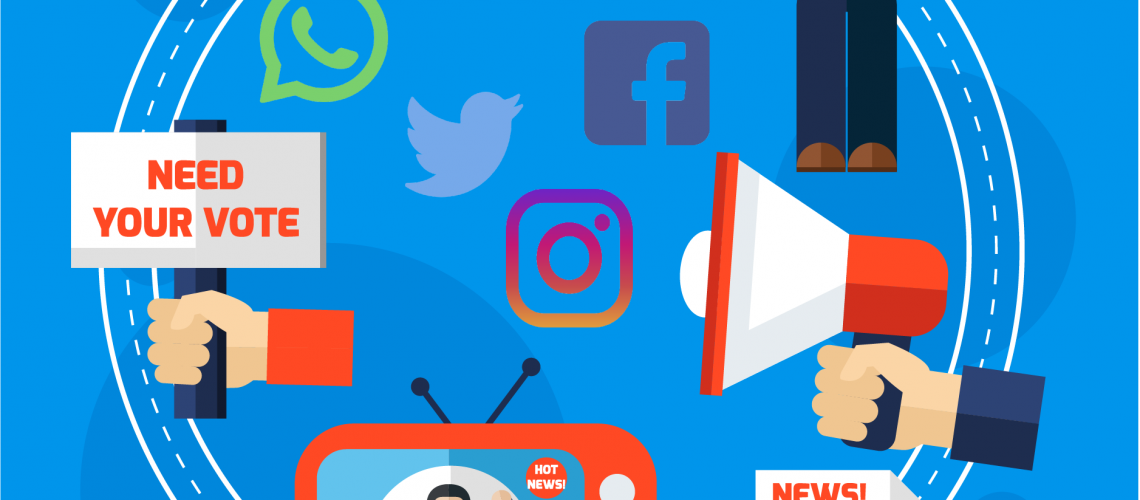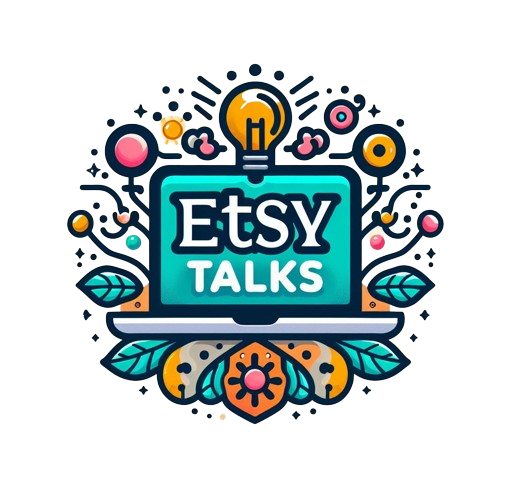
In an era where the digital landscape has expanded into almost every corner of human life, democratic elections have become deeply entwined with social media. Once perceived as neutral platforms for self-expression, social media sites now wield significant sway over public opinion, political discourse, and ultimately, electoral outcomes. The debate is no longer about whether these platforms influence elections, but rather how profound and pervasive this influence has become—and whether it’s undermining the principles of democratic choice.
The Dichotomy of Social Media in Politics
Social media’s role in elections has unfolded in two ways: as a democratizing force amplifying voices from all strata, and as a sophisticated channel for political manipulation. On one hand, it empowers individuals to share viewpoints, foster discussions, and challenge authoritative narratives. In theory, it democratizes access to information and allows individuals to scrutinize the actions and motives of those vying for office.
Yet on the other hand, these platforms have also turned into arenas for misinformation, emotional manipulation, and echo chambers that erode critical thought. The algorithmic filters that power social media effectively segment users into ideological clusters, amplifying content that reinforces existing biases rather than encouraging balanced discourse. This raises an unsettling question: is social media empowering the public with information, or is it coercing them toward predefined ideological paths?
Algorithms and the Fragmentation of Truth
The primary enablers of social media’s influence are algorithms that curate each user’s experience. Originally engineered to enhance user engagement, algorithms prioritize content that is sensational, divisive, and emotionally charged. Studies show that emotionally charged content is more likely to engage users, thus sustaining their attention for longer periods. In the context of elections, this tendency translates to a phenomenon where political content with inflammatory or exaggerated rhetoric is more likely to gain traction, irrespective of its accuracy.
These algorithms create a perception that aligns with a user’s personal biases, tailoring a reality that fits neatly into their preconceptions and shutting them off from opposing viewpoints. Consequently, the digital realm fragments into ideological silos, where individuals engage predominantly with information that confirms their beliefs. This echo-chamber effect stifles critical thinking, making it increasingly difficult for citizens to evaluate candidates, policies, and ideas objectively.
The Rise of Misinformation and Disinformation Campaigns
With the democratization of information comes the risk of disinformation. Misleading narratives, conspiracy theories, and outright fabrications have proliferated across social media, with electoral periods serving as prime opportunities for manipulation. Foreign and domestic entities have exploited social media to plant seeds of division, distrust, and falsehoods within the public sphere, rendering truth a relative rather than an absolute.
Such disinformation campaigns are often surgically precise, targeting specific demographics with narratives tailored to exploit their unique anxieties, prejudices, or aspirations. This targeted approach, referred to as “micro-targeting,” relies on extensive data mining, allowing political actors to tailor their messages in ways that tap into the most vulnerable aspects of individuals’ identities. The resultant echo chambers then reinforce these manipulated narratives, ultimately skewing perceptions and, by extension, influencing the voting decisions of millions.
The Ethical Quandary: Free Speech vs. Responsible Oversight
The notion of free speech has been enshrined as a core tenet of democratic societies, and social media platforms have often defended their reluctance to regulate political content by invoking this principle. However, the unique characteristics of social media—its speed, reach, and targeting precision—render it far more influential than traditional media channels. This raises a conundrum: does the unchecked proliferation of information, even if it is false or inflammatory, truly serve democracy?
While governments and regulatory bodies are grappling with how to address this issue, tech companies continue to wield unprecedented power over public discourse. The ethical implications of allowing private companies to shape the democratic process are profound, especially given their profit-driven motives. When engagement metrics trump ethical considerations, platforms prioritize virality over veracity, stoking polarization and undermining the informed, rational discourse that democracy necessitates.
Social Media’s Impact on Political Campaign Strategies
In response to these changes, political campaigns have adapted their strategies to harness the power of social media, often at the expense of authenticity and substantive policy discussions. Candidates now employ tactics that capitalize on virality and emotional engagement, crafting soundbites and slogans designed to resonate in brief, often superficial interactions. Moreover, “influencer partnerships” have emerged as a new strategy, where personalities with large followings are enlisted to subtly promote candidates or ideologies.
This tactical shift has transformed political discourse from in-depth, policy-driven debates to spectacle and performance. Candidates who can wield humor, outrage, or sensationalism effectively are often more visible than those who prioritize reasoned argumentation. This evolution has profound consequences for democratic elections, shifting the public’s focus from policies to personas and diminishing the role of rational debate in the decision-making process.
Is Social Media a Threat to Democratic Integrity?
Social media’s influence over democratic elections is unequivocal and multifaceted, encompassing both the positive aspects of public engagement and the darker undertones of manipulation. At the heart of this transformation lies a paradox: social media has enabled unparalleled access to information while simultaneously undermining the public’s capacity to discern truth from falsehood. The ramifications for democratic societies are complex and potentially far-reaching.
The dilemma, therefore, is whether society will adapt to mitigate these influences or whether it will be reshaped by them. Do we, as a society, possess the resilience to navigate the digital maze without losing our capacity for independent thought, or will the psychological manipulations embedded within social media’s architecture render us susceptible to coercion? As elections become increasingly digital, the stakes for safeguarding democratic integrity grow higher, urging an imperative to rethink, reform, and perhaps even reimagine the role of social media in the democratic process.
In this evolving landscape, the onus lies not only on regulatory bodies but also on individuals to recognize and counteract the subtle forces shaping their perceptions. Digital literacy, responsible social media use, and critical thinking must be nurtured as essential skills for navigating the twenty-first century’s democratic challenges. Social media’s role in democratic elections is undoubtedly transformative—but the outcome of this transformation is still within our power to define.
